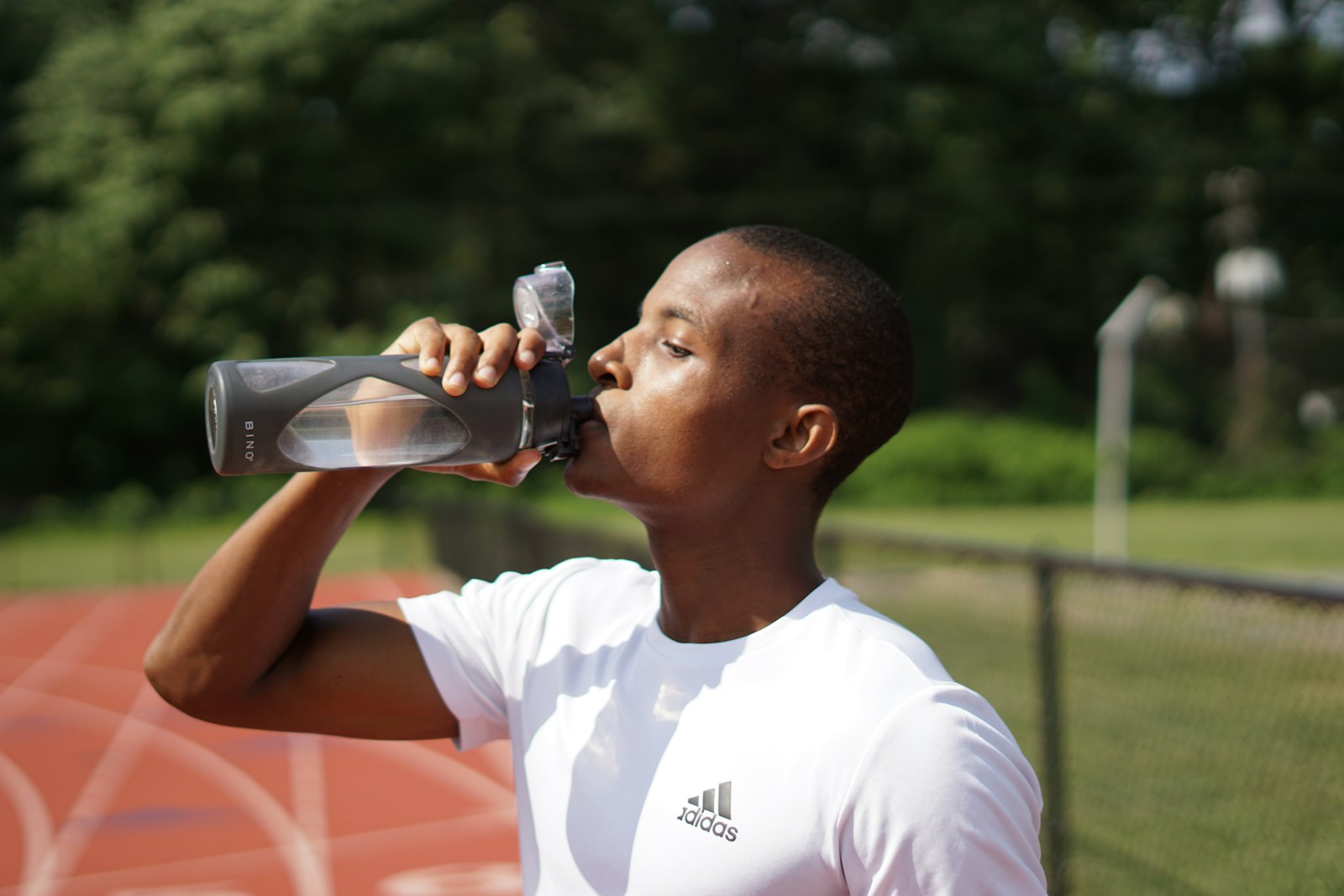You’ve probably heard that you should drink more water, but do you know why it matters so much — especially for your heart? Hydration plays a direct role in blood volume, circulation, and how hard your heart has to work. Even mild dehydration can increase strain on your cardiovascular system, making your heart pump harder and potentially raising blood pressure.
If you’re not getting enough water, your body sends signals — some obvious, others subtle. In this article, we’ll cover the top 10 signs you’re dehydrated and explain exactly how each one can impact your heart health. For more hydration-focused tips, explore our Hydration & Heart Health hub.
1. Persistent Fatigue
When you’re dehydrated, your blood volume drops, meaning less oxygen reaches your muscles and brain. Your heart has to work harder to maintain circulation, which can leave you feeling unusually tired even after light activity. Over time, chronic fatigue can signal cardiovascular strain.
Heart Impact: Increases your resting heart rate and may cause palpitations.
2. Rapid Heartbeat
A faster-than-normal heart rate is one of the body’s immediate responses to dehydration. With less fluid in your bloodstream, your heart pumps faster to move the same amount of oxygen and nutrients.
If you notice a consistently elevated heart rate, especially when at rest, review your hydration habits and consult your doctor if it persists.
3. Dizziness or Lightheadedness
Dehydration reduces blood pressure and can cause a drop in circulation to the brain, leading to dizziness. If you feel lightheaded when standing up quickly, it could be a sign your heart is working harder than it should.
For more on balancing blood pressure naturally, check our Blood Pressure Management section.
4. Dark-Colored Urine
Urine color is one of the easiest hydration indicators. Dark yellow or amber urine often means your body is conserving water because it’s not getting enough. This can thicken your blood, forcing your heart to work harder.
Tip: Aim for pale yellow as a sign of optimal hydration.
5. Headaches
A lack of fluids can cause your brain tissue to temporarily shrink, triggering pain receptors. While occasional headaches can have many causes, frequent dehydration-related headaches can indirectly stress the heart due to pain and tension.
6. Swelling in Hands, Feet, or Ankles
Ironically, dehydration can sometimes lead to fluid retention. When your body senses low hydration, it may hold onto sodium and water, causing swelling (edema). This can be a sign of circulatory stress and should be monitored, especially in people with heart conditions.
7. Muscle Cramps
Low hydration levels affect electrolyte balance, which can lead to muscle cramps. Your heart is also a muscle, and electrolyte imbalances can cause irregular heartbeats or palpitations.
To keep electrolytes in check without sugar, try drinks from our Sugar-Free Living section.
8. Dry Skin and Lips
When dehydrated, your body prioritizes essential organs like the heart over your skin, leading to dryness and chapped lips. While this is more of a cosmetic sign, it’s also an indicator that your internal hydration needs attention.
9. Trouble Concentrating
Your brain is about 75% water. Even mild dehydration can impair focus, memory, and mental clarity. Poor hydration forces the heart to work harder to supply oxygen-rich blood to the brain, impacting both cognitive and cardiovascular performance.
10. Reduced Exercise Endurance
If your workouts feel harder than usual, dehydration may be to blame. With lower blood volume and thicker blood, your heart pumps less efficiently, leading to quicker fatigue and reduced endurance.
For more tips on heart-friendly workouts, visit our Heart Health category.
How to Rehydrate Effectively
If you recognize these signs, here’s how to get back on track:
- Drink a glass of water first thing in the morning.
- Carry a reusable water bottle throughout the day.
- Eat water-rich fruits and vegetables like cucumbers, melons, and oranges.
- Limit dehydrating beverages like alcohol and sugary drinks.
- Use natural flavor infusions to make water more appealing.
Final Thoughts
Your heart depends on consistent hydration to function at its best. By paying attention to these 10 warning signs, you can protect your cardiovascular health and improve your overall energy levels. Remember — small, consistent hydration habits add up to big heart benefits over time.
For more ways to protect your heart through diet and lifestyle, explore our Nutrition & Wellness section, and check out our All Products page for heart-healthy hydration tools.





